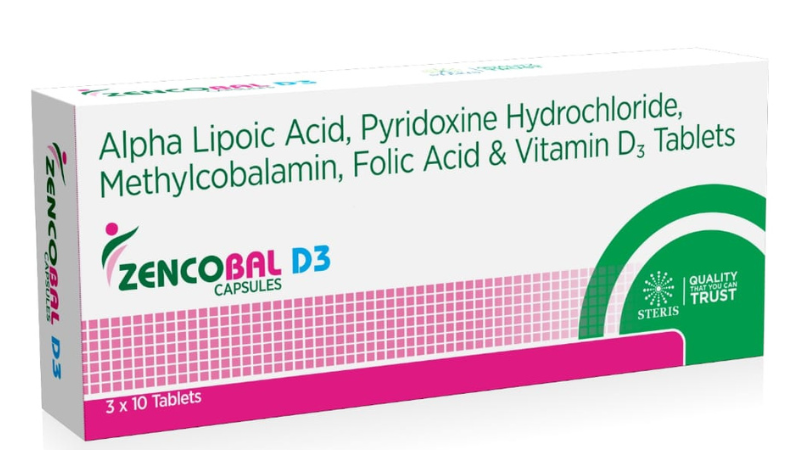Alpha Lipoic Acid, Pyridoxine Hydrochloride, Methylcobalamin, Folic Acid & Vitamin D3 ll
Feb 02, 2024
Alpha Lipoic Acid, Pyridoxine Hydrochloride, Methylcobalamin, Folic Acid & Vitamin D3
ZENCOBAL D3
-
Alpha Lipoic Acid (ALA):
- Alpha Lipoic Acid is a powerful antioxidant that helps neutralize free radicals, reducing oxidative stress and inflammation in the body.
- It supports cellular energy production and helps regenerate other antioxidants like vitamins C and E.
- Alpha Lipoic Acid may help improve insulin sensitivity, protect against diabetic complications, and support nerve health.
-
Pyridoxine Hydrochloride (Vitamin B6):
- Pyridoxine, a water-soluble vitamin, is essential for numerous biological processes, including protein metabolism, neurotransmitter synthesis, and immune function.
- Vitamin B6 is involved in the synthesis of neurotransmitters such as serotonin, dopamine, and gamma-aminobutyric acid (GABA), which play crucial roles in mood regulation and cognitive function.
- It also supports cardiovascular health and may help alleviate symptoms of premenstrual syndrome (PMS).
-
Methylcobalamin (Vitamin B12):
- Methylcobalamin is the active form of Vitamin B12, which is essential for DNA synthesis, red blood cell formation, and neurological function.
- It supports energy metabolism, nerve health, and cognitive function.
- Vitamin B12 deficiency can lead to anemia, fatigue, neurological symptoms, and impaired cognitive function.
-
Folic Acid (Vitamin B9):
- Folic Acid is crucial for DNA synthesis, cell division, and the formation of red blood cells.
- It is especially important during pregnancy to prevent neural tube defects in the developing fetus.
- Folic Acid also supports cardiovascular health and may help reduce the risk of certain birth defects and chronic diseases.
-
Vitamin D3:
- Vitamin D3, also known as cholecalciferol, is a fat-soluble vitamin that plays a critical role in calcium absorption, bone health, and immune function.
- It helps maintain proper levels of calcium and phosphorus in the body, supporting bone mineralization and skeletal health.
- Vitamin D deficiency is associated with an increased risk of osteoporosis, autoimmune diseases, cardiovascular diseases, and certain cancers.
Recent Post
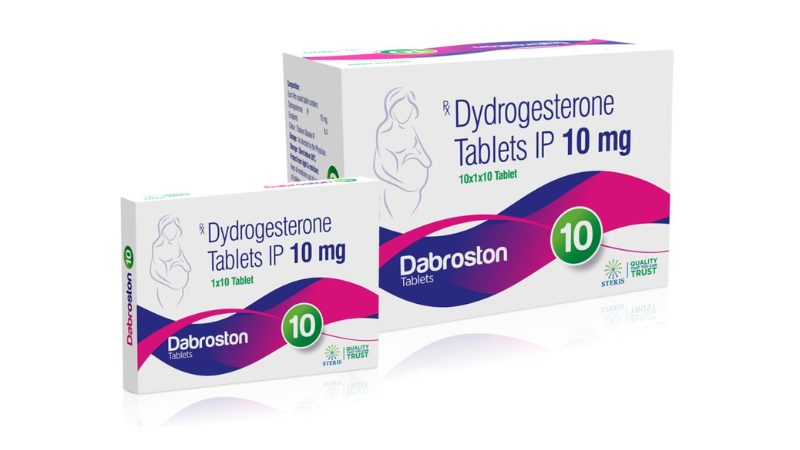
Dydrogesterone 10 mg in DABROSTON 10: A Key Treatment for Menstrual Irregularities and Pregnancy Support
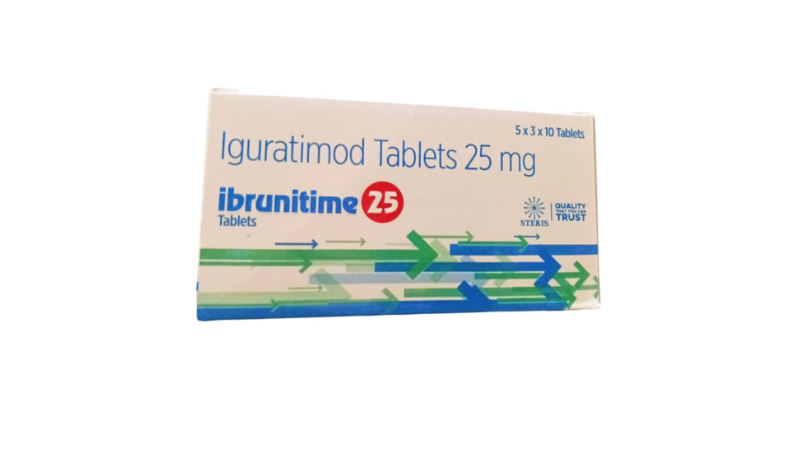
Iguratimod 25 mg – IBRUNITIME 25: Effective Solution for Rheumatoid Arthritis and Joint Inflammation
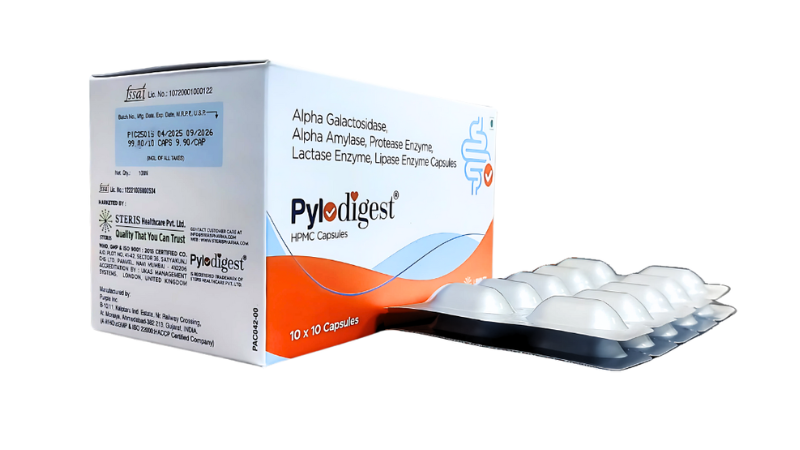
Alpha Galactosidase, Lipase, Alpha Amylase, Protease and Lactase Capsules.

Multi Enzyme Complex Probiotic Capsule: PYLODIGEST PRO
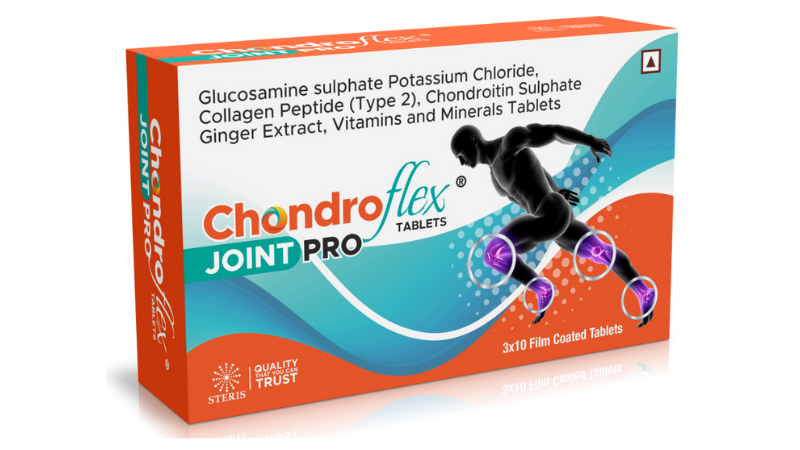
Calcium Citrate Malate Vitamin D3 Relief: Chondroflex Joint Pro.
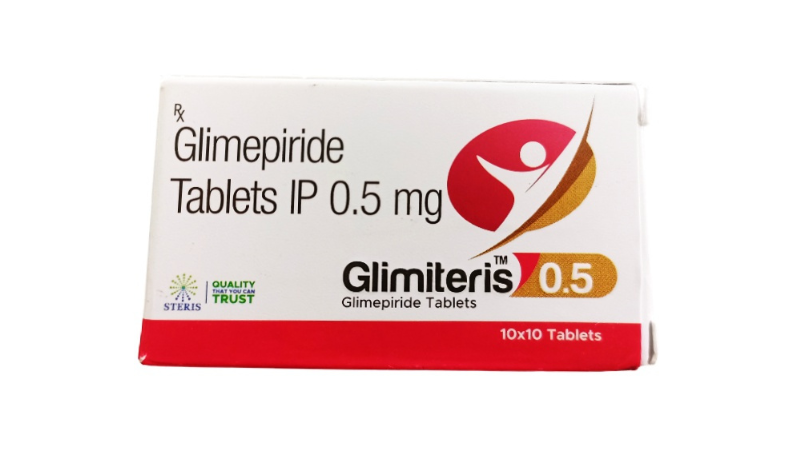
Glimepiride IP 0.5mg Tablet: Up to 30% Discount Available at Steris Healthcare.

VELAXFINE XR 75: Advanced Relief with Venlafaxine Hydrochloride 75 mg for Depression & Anxiety.

Venlafaxine 37.5mg Tablet | VELAXFINE XR 37.5 from Steris Healthcare Pvt Ltd.
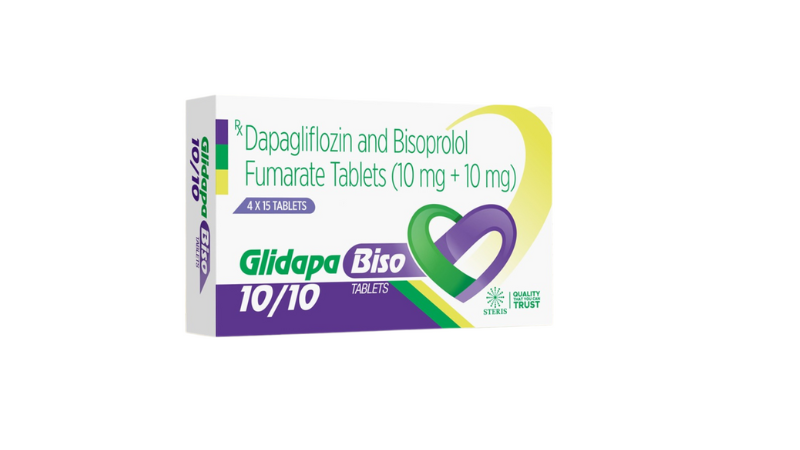
Glidapa Biso: Dapagliflozin 10mg and Bisoprolol Fumarate 10mg Tablet.
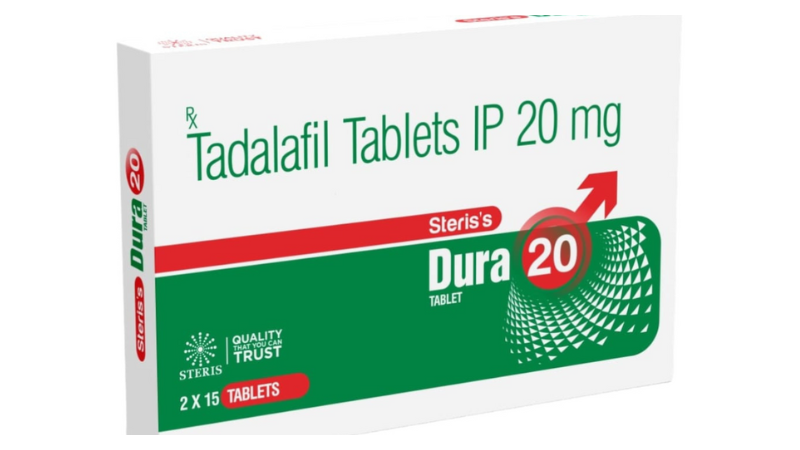
Tadalafil गोली: मिलीग्राम उपयोग, साइड इफेक्ट, and Price.

